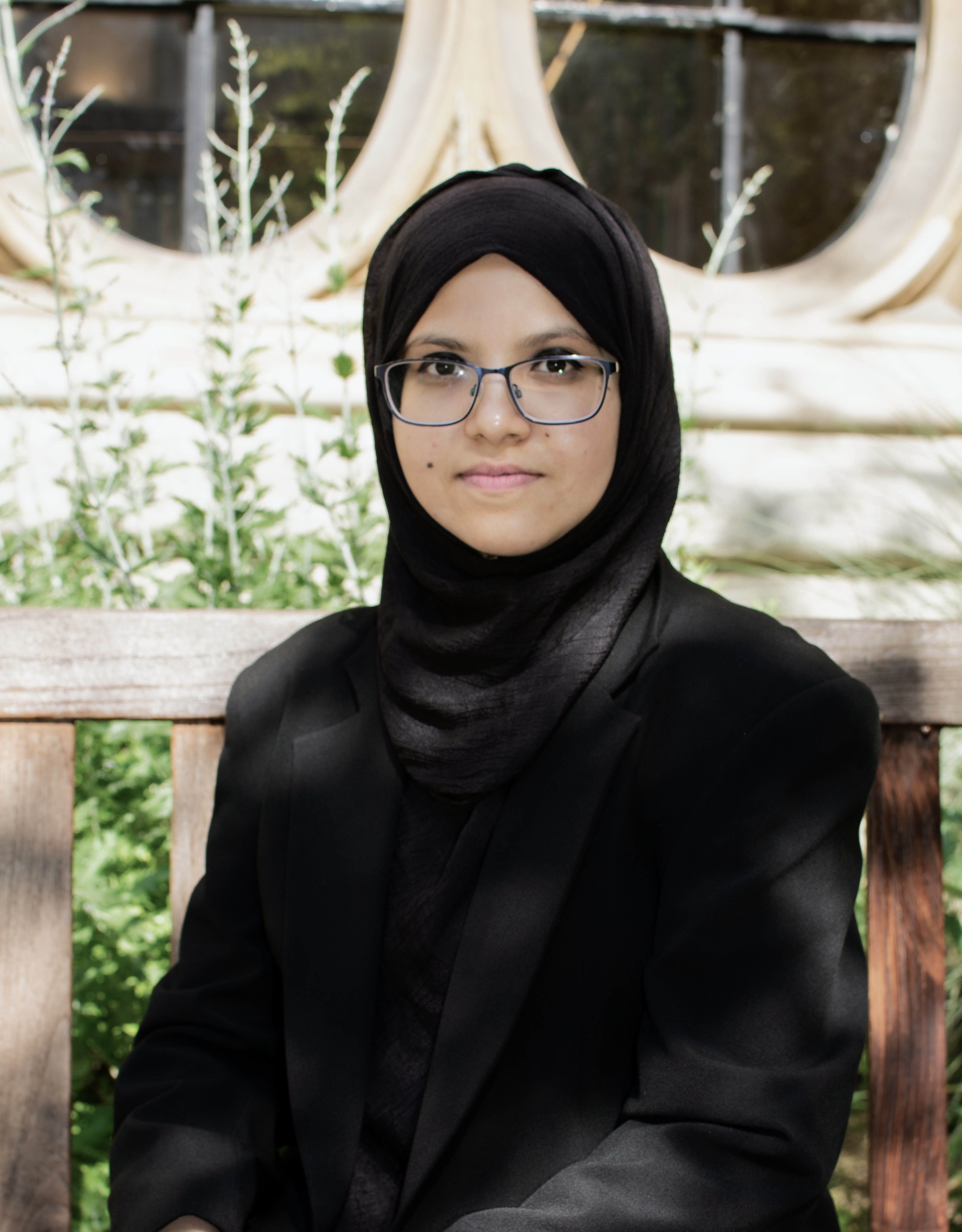Marzia Hoque

Marzia is a Lecturer and convenor on the course HDAT9300 Computing for Health Data Science.
m.hoque_tania@unsw.edu.au
What publication are you most proud of?
I firmly believe that the best is yet to come, but if I had to select a publication to highlight, it would be an early result from a case study during my doctoral research titled An Intelligent Mobile-Enabled Expert System for Tuberculosis Disease Diagnosis in Real-Time.1 This paper focuses on the development of an intelligent, user-friendly, and cost-effective Tuberculosis antigen-specific antibody detection tool. It not only secured a place in a top-tier journal on Expert Systems but also garnered some media attention. What truly made it memorable was when the Stop TB program retweeted it. I can still vividly recall how that tweet made my day.
What’s the most important take home message from your course?
As a recent addition to the HDAT9300 team, I would emphasise the importance of building a strong foundation in at least one programming language before venturing into data science. Consider it a gradual process and remember that continuous learning is vital in this field. The more you immerse yourself in the course, the more data magic you will wield.
If you could go back in time, what bit of advice would you give to yourself as a student?
I would softly convey to my younger self, ‘Establish a robust network of peers, professors, and industry professionals from an early stage. Attend conferences, participate in online forums, and engage in discussions with experts. Your network can be your hidden superpower for collaborations and knowledge sharing.’
Who would play you in the biopic of your life?
Although I am not enthusiastic about a biopic, I might entertain the idea of a best-selling novel capturing my life’s adventures!
Footnotes
Shabut, A. M., Tania, M. H., Lwin, K. T., Evans, B. A., Yusof, N. A., Abu-Hassan, K. J., & Hossain, M. A. (2018). An intelligent mobile-enabled expert system for tuberculosis disease diagnosis in real time. Expert Systems with Applications, 114, 65-77. doi.org/10.1016/j.eswa.2018.07.014↩︎
